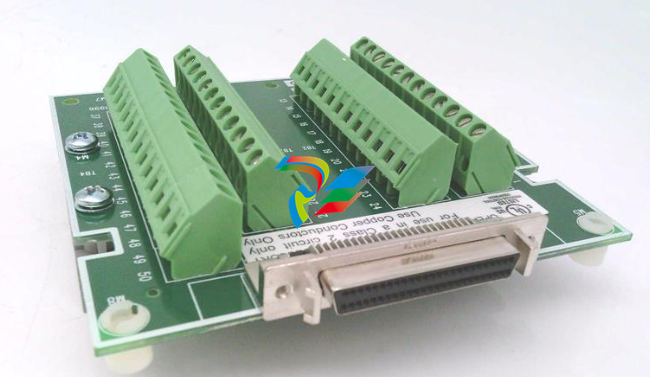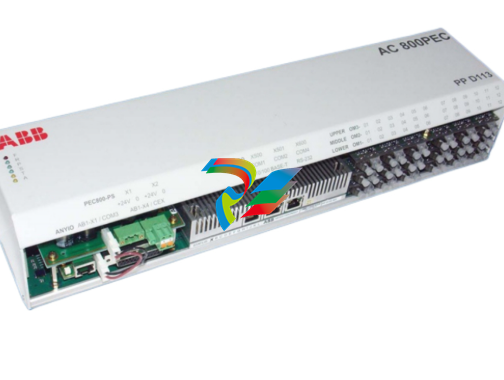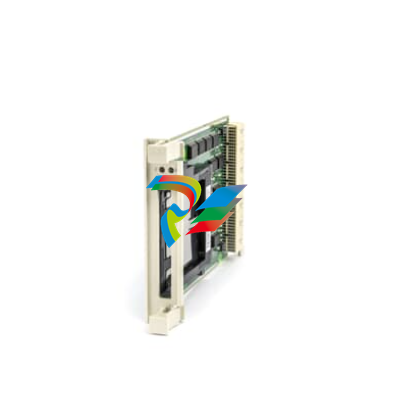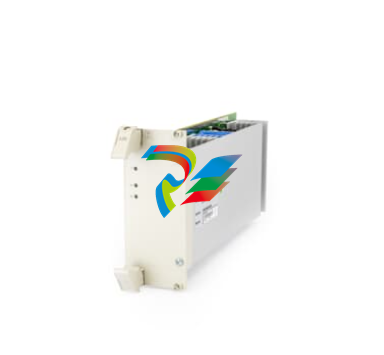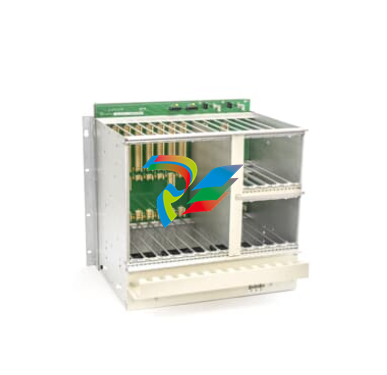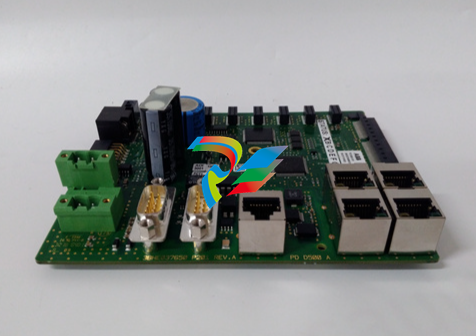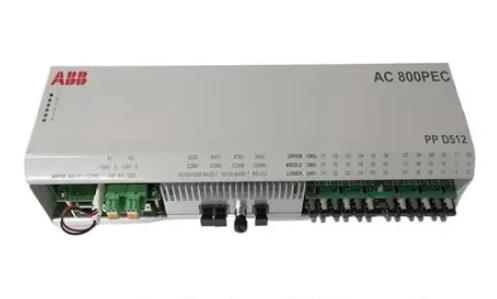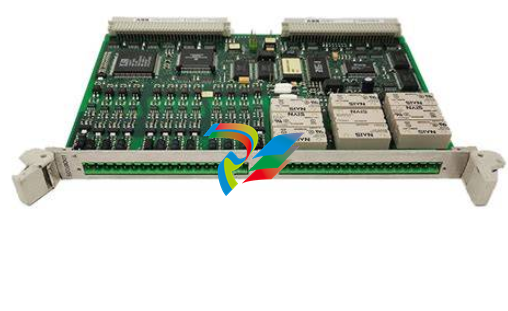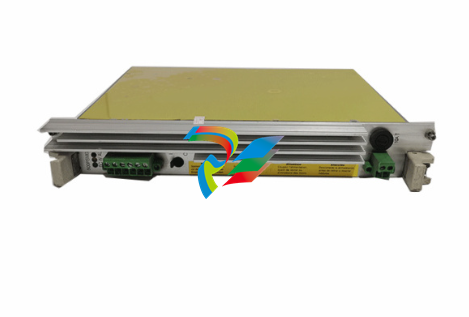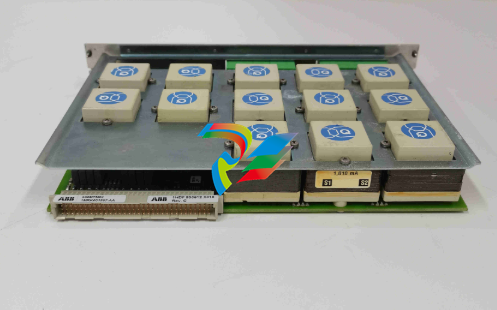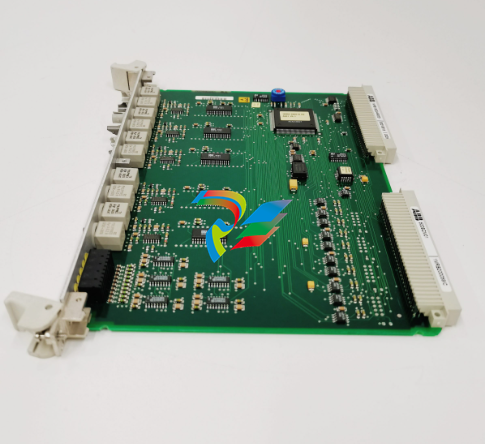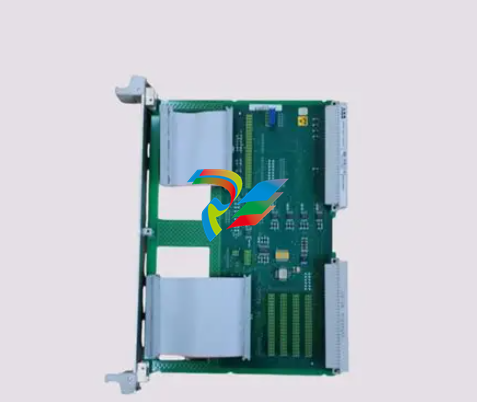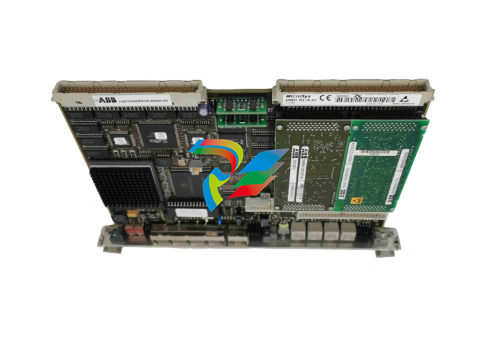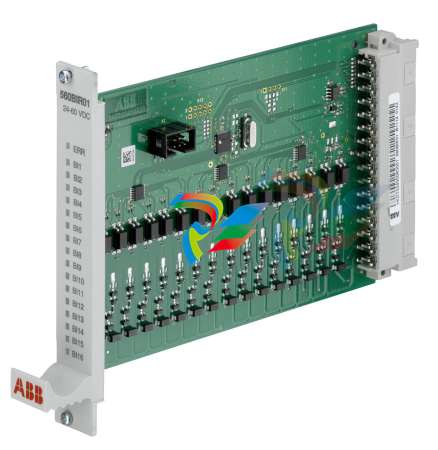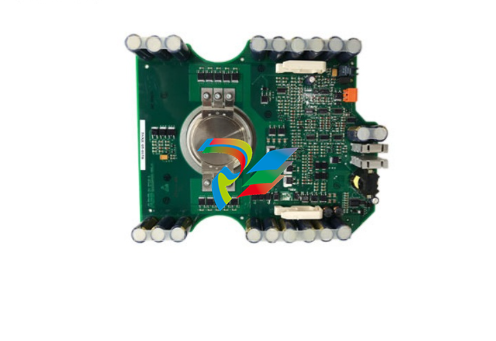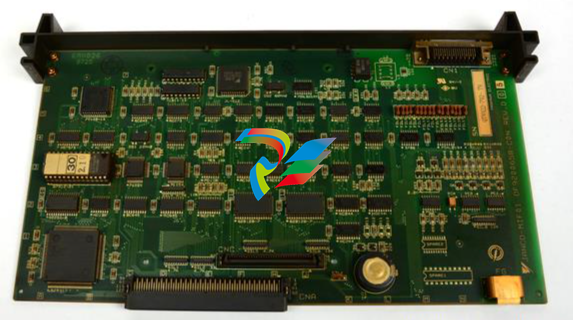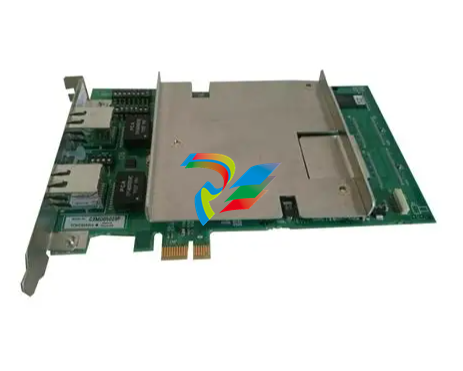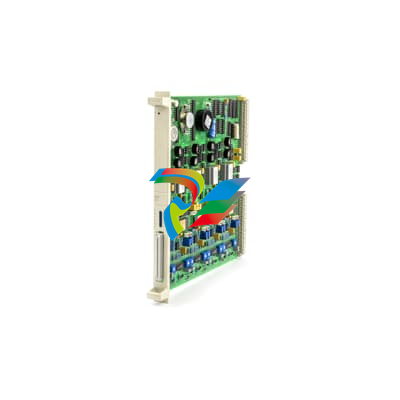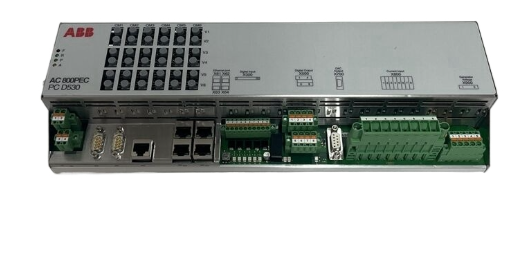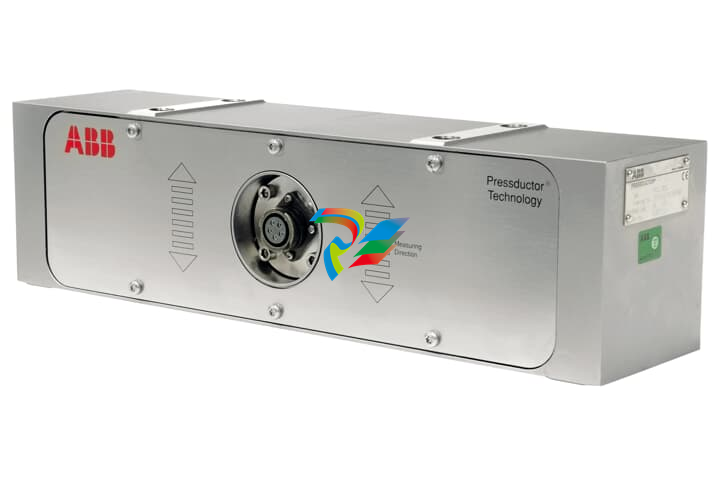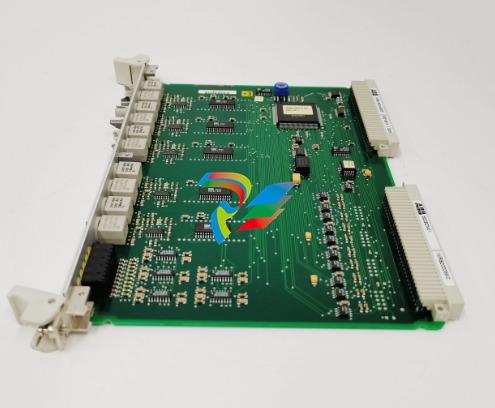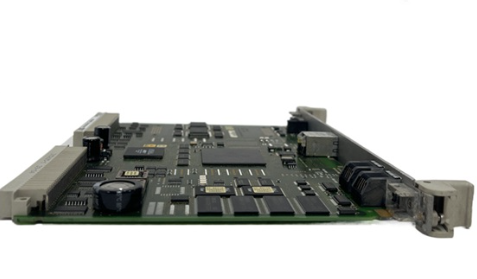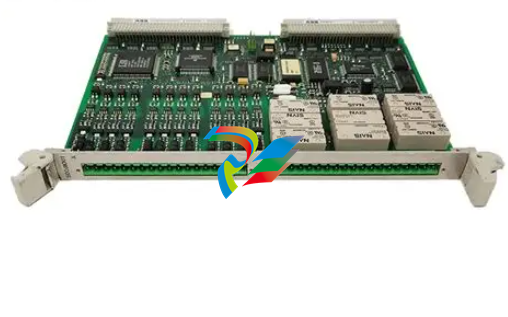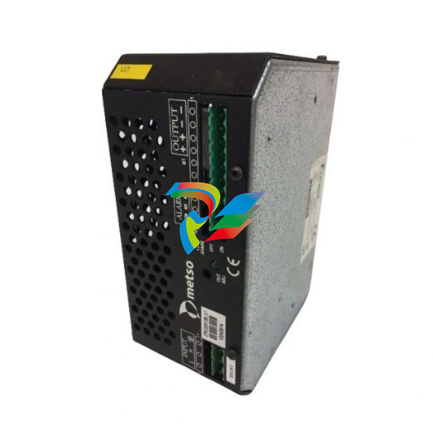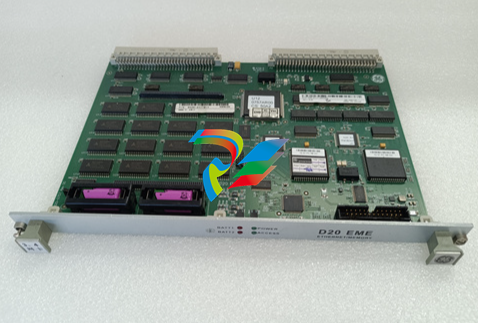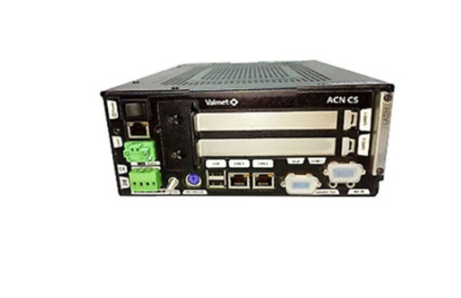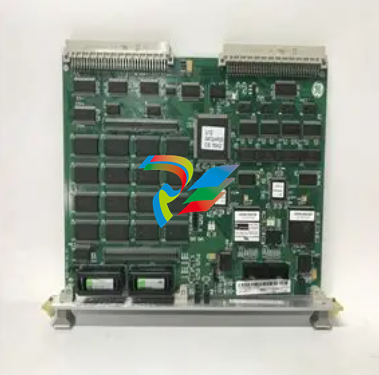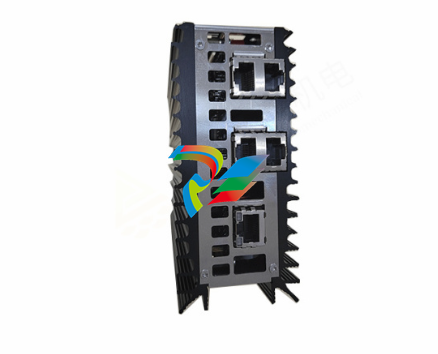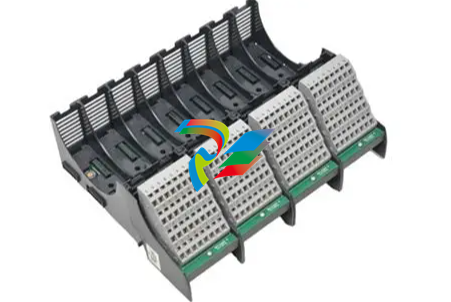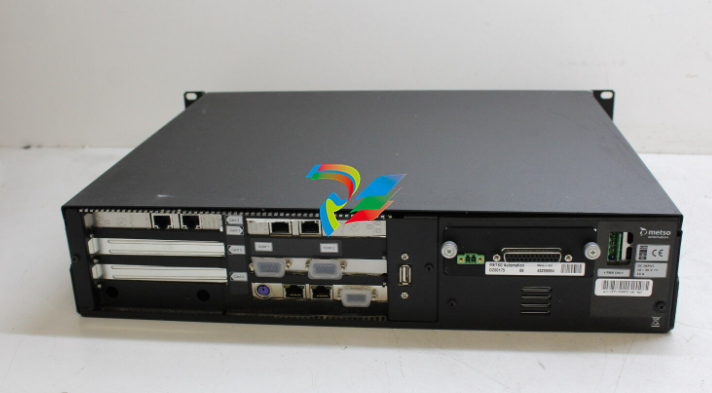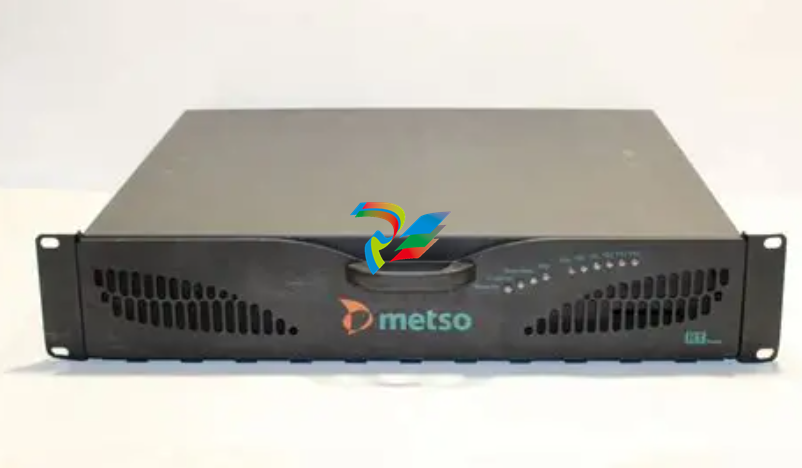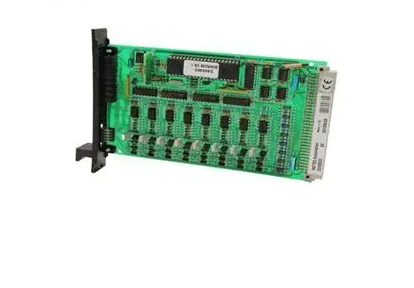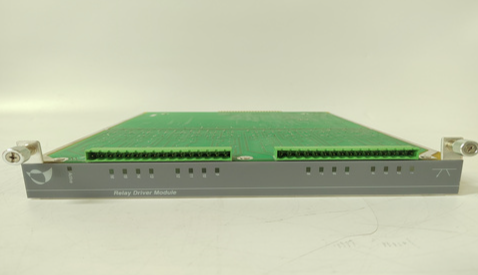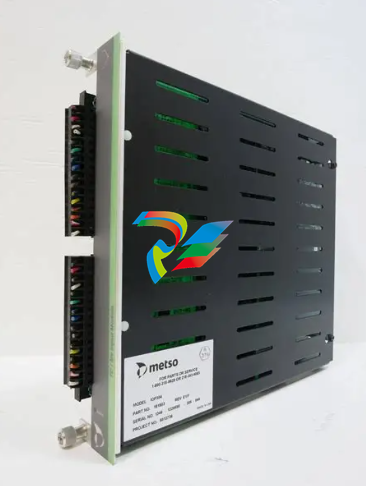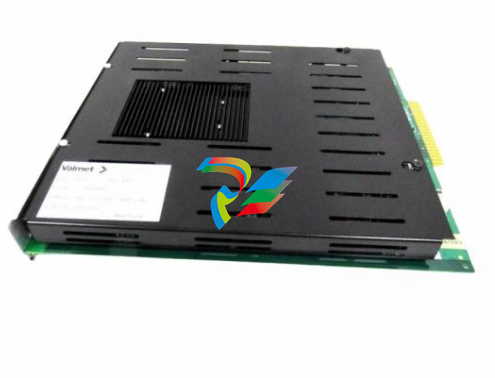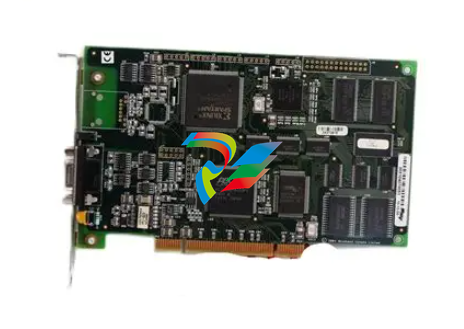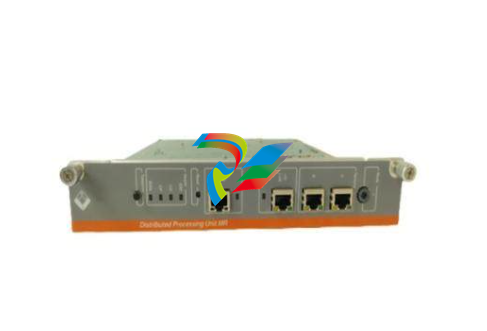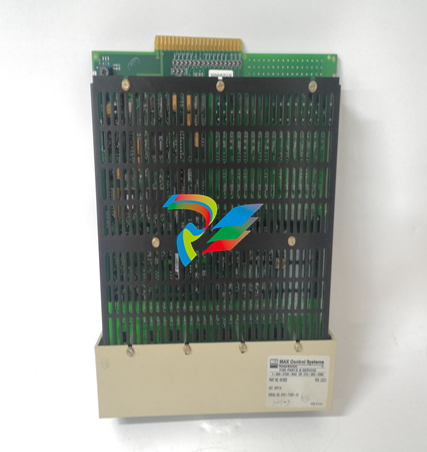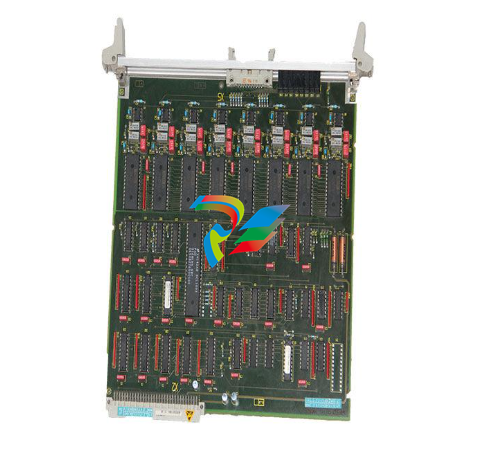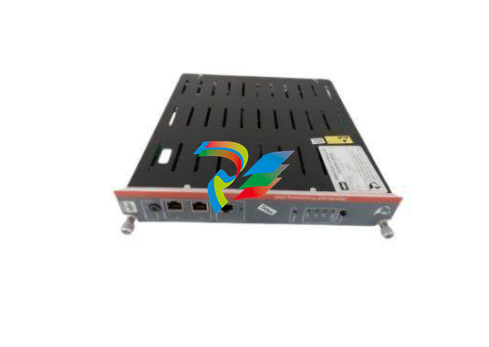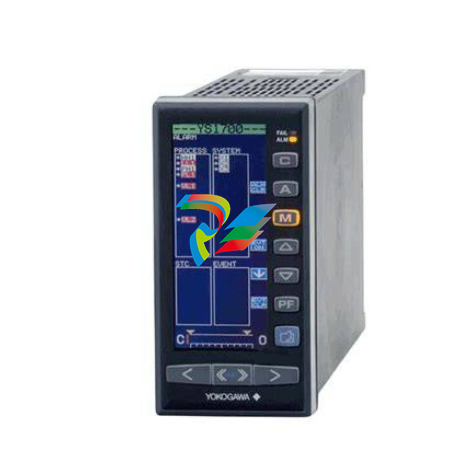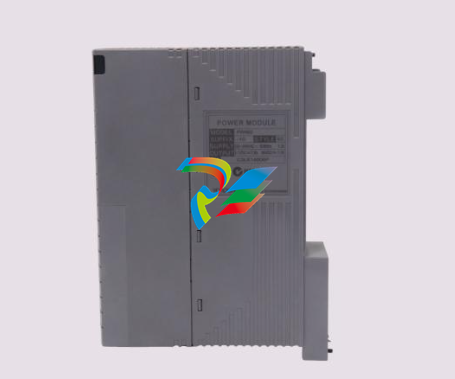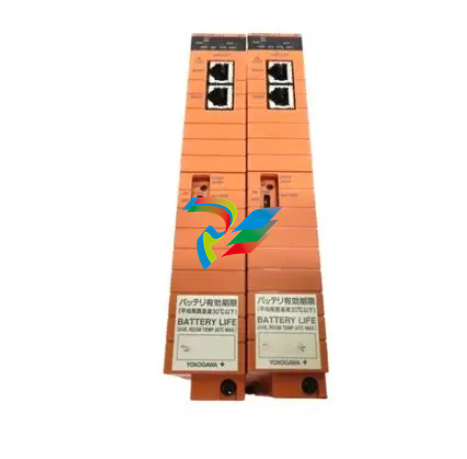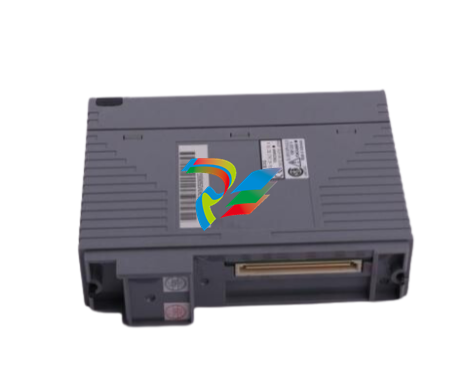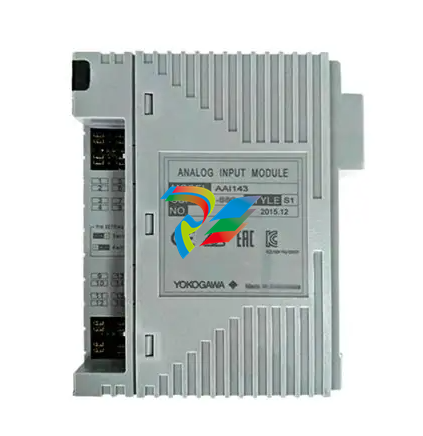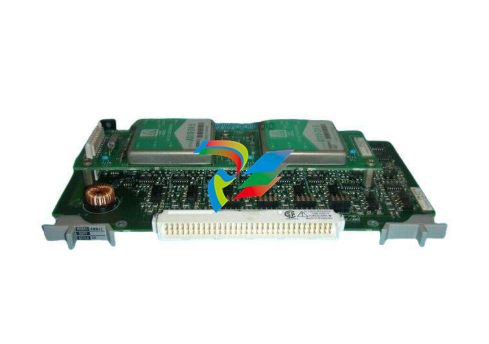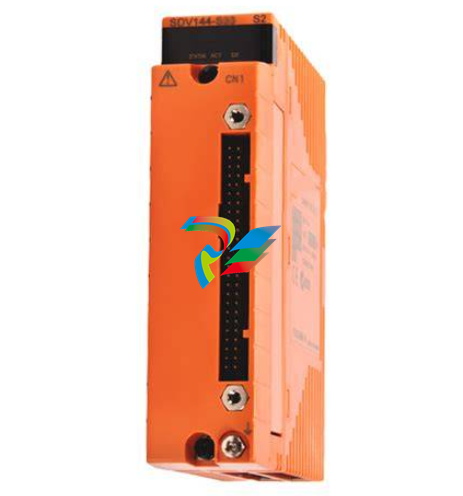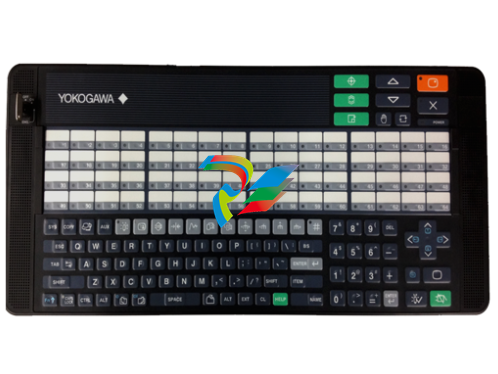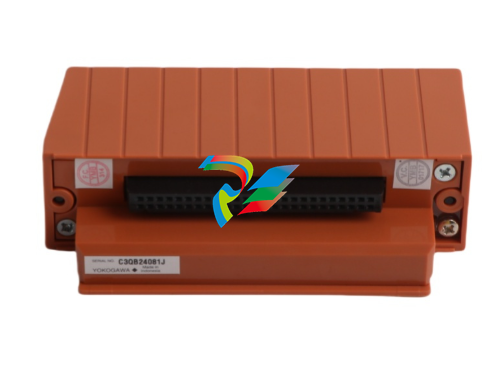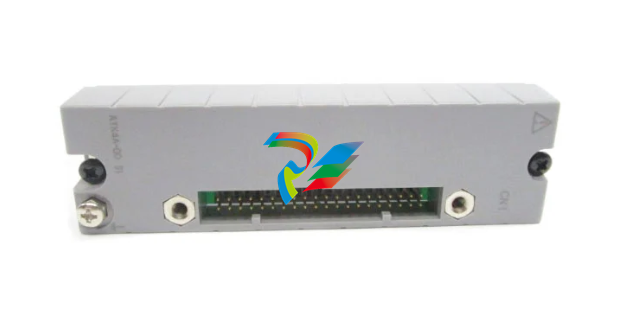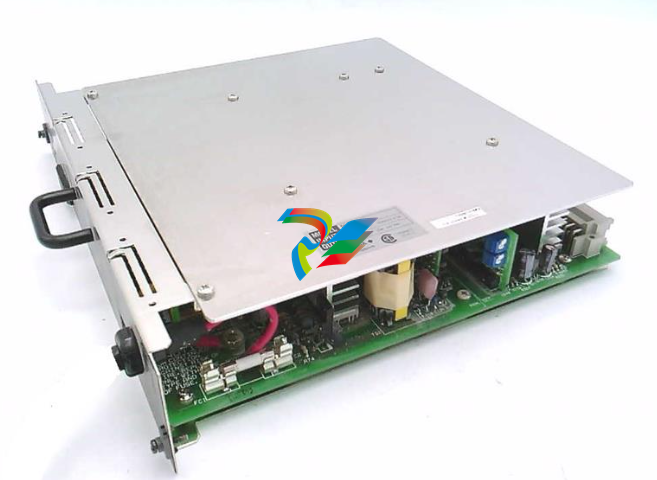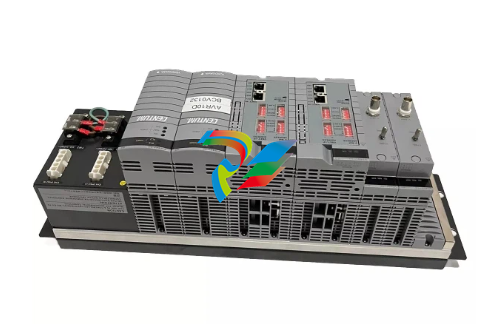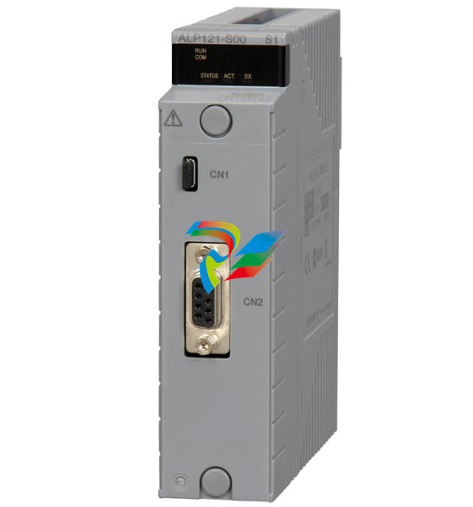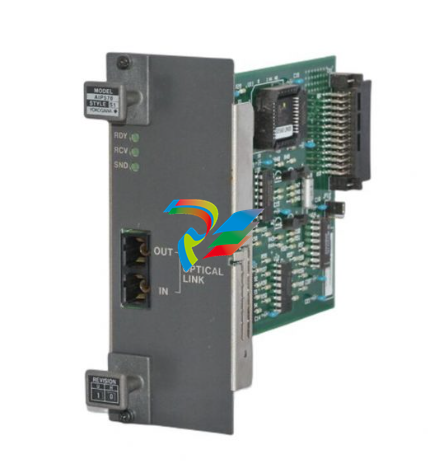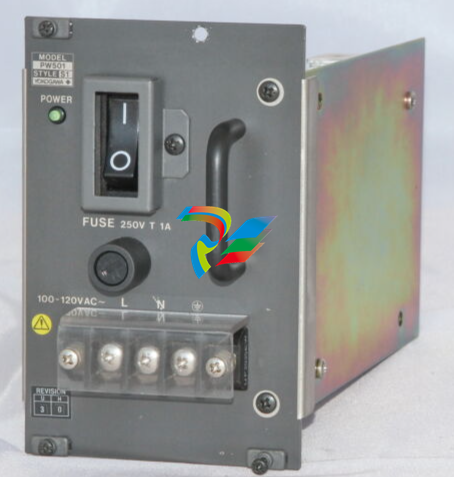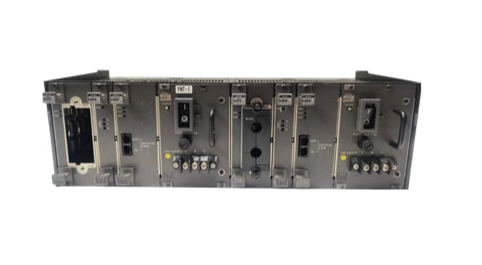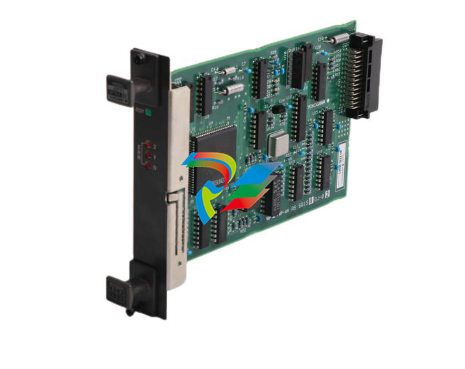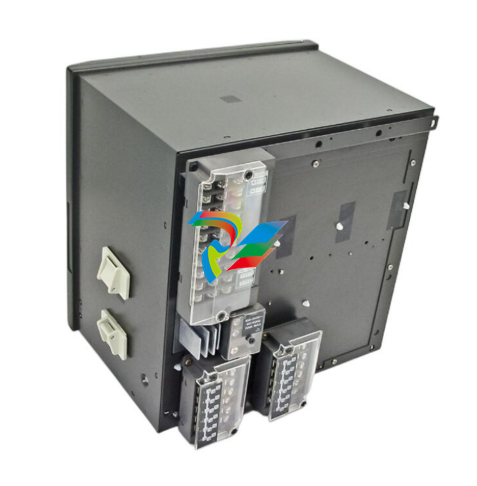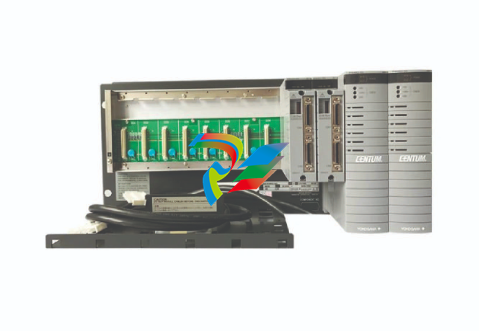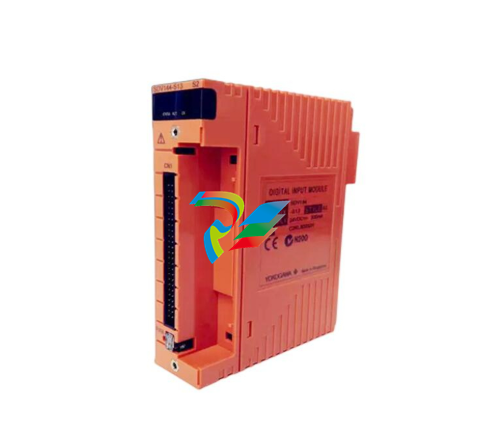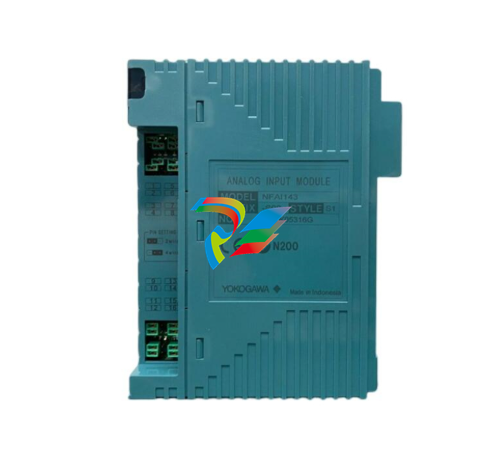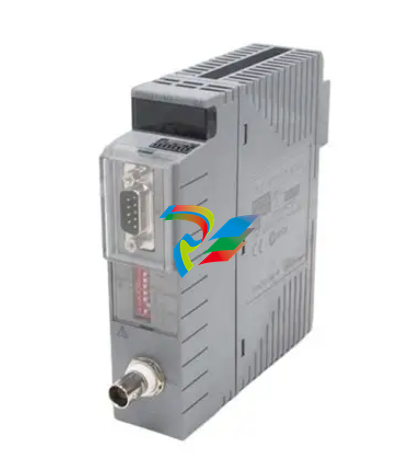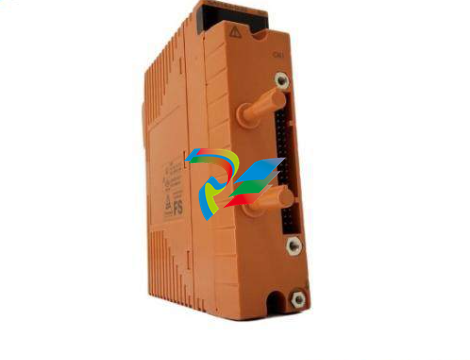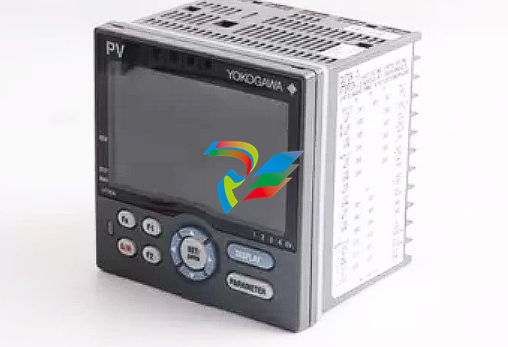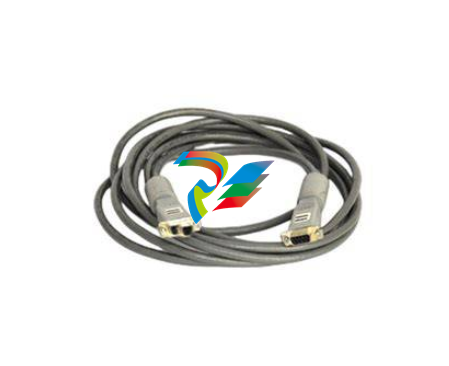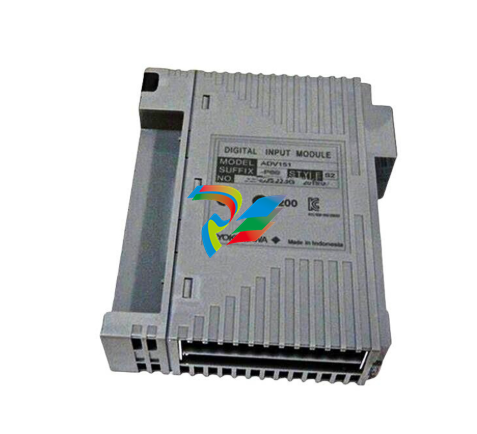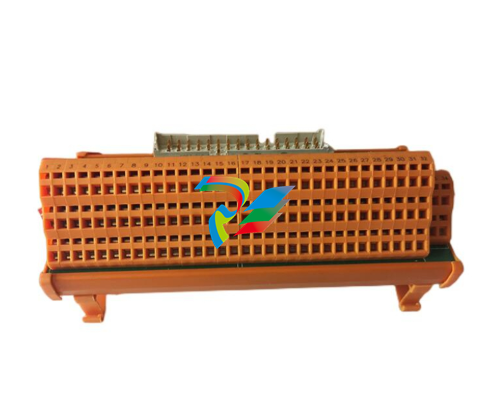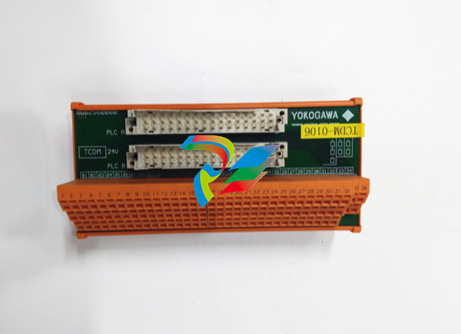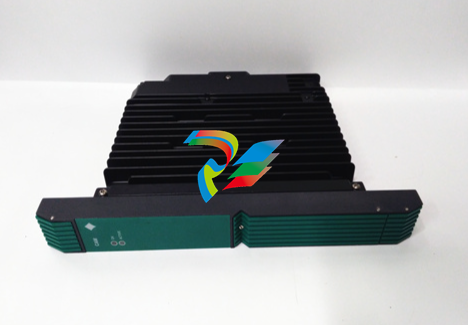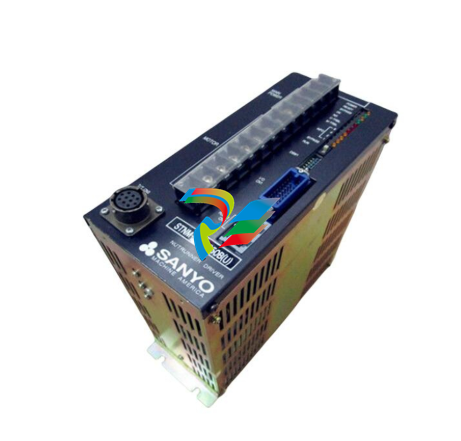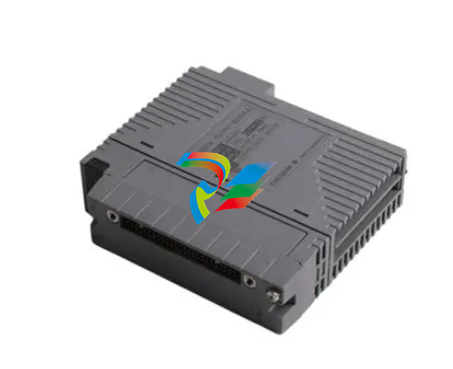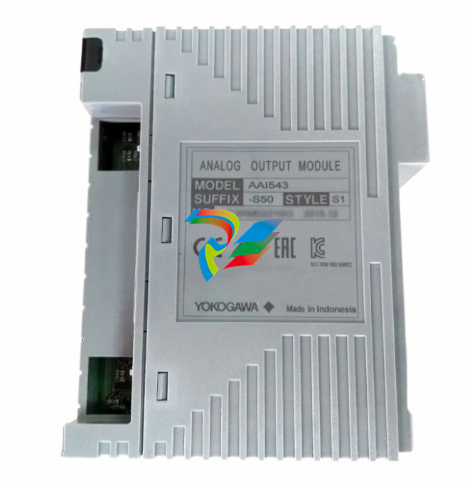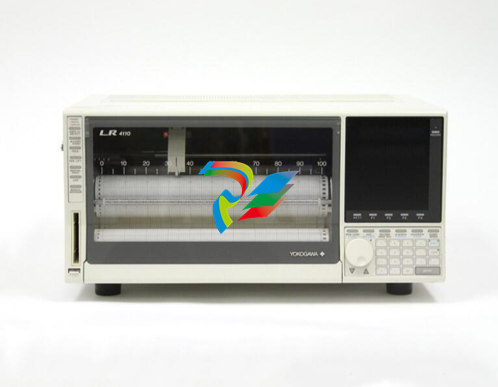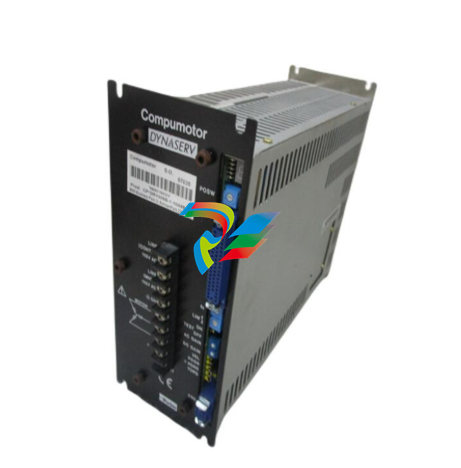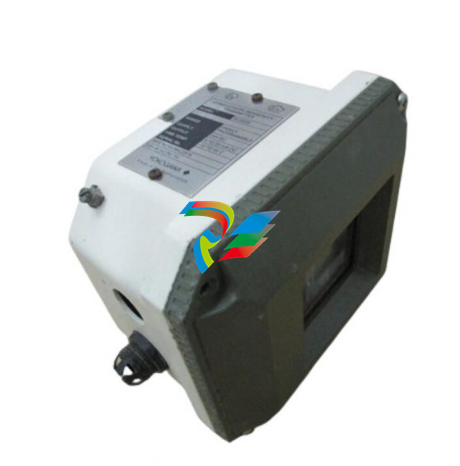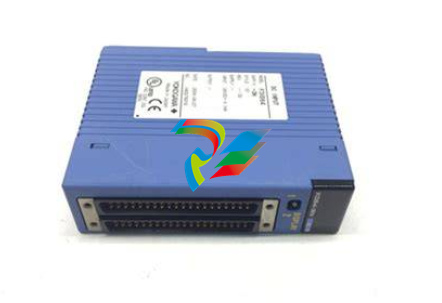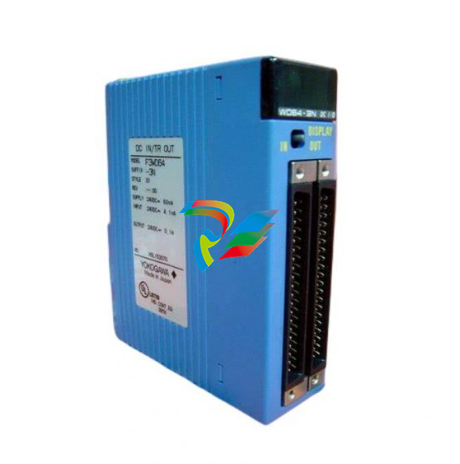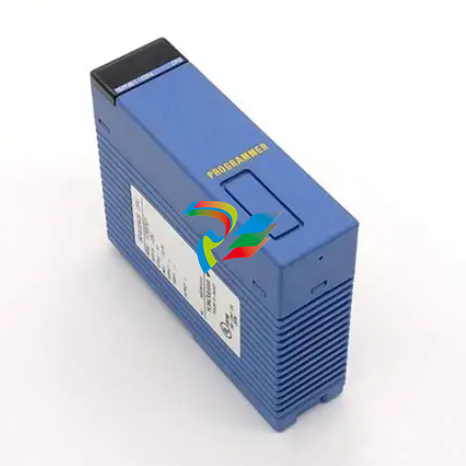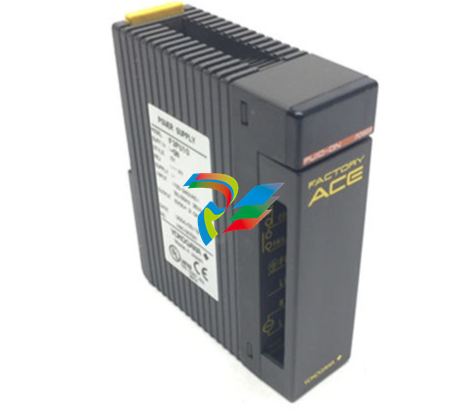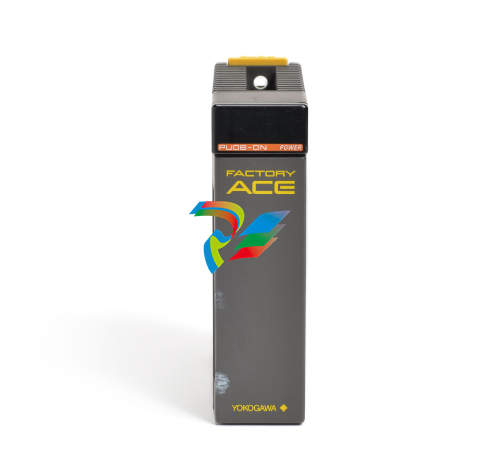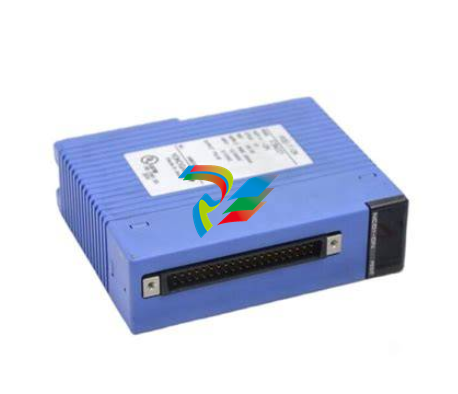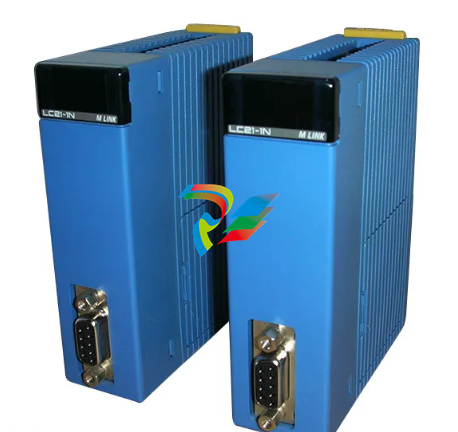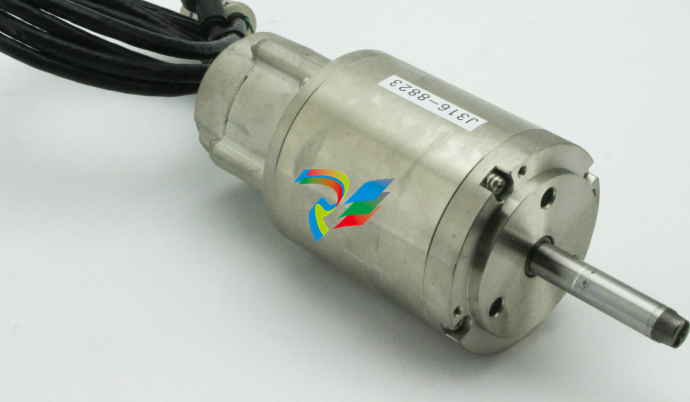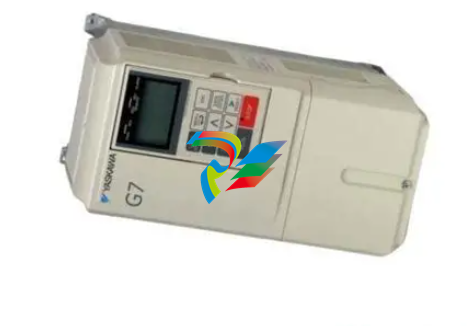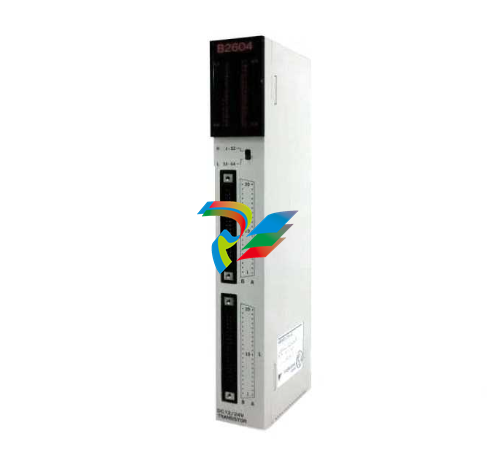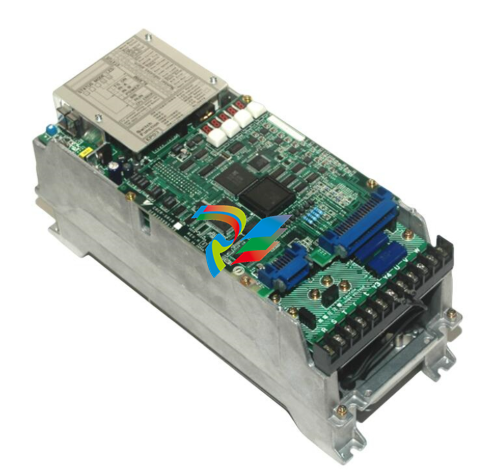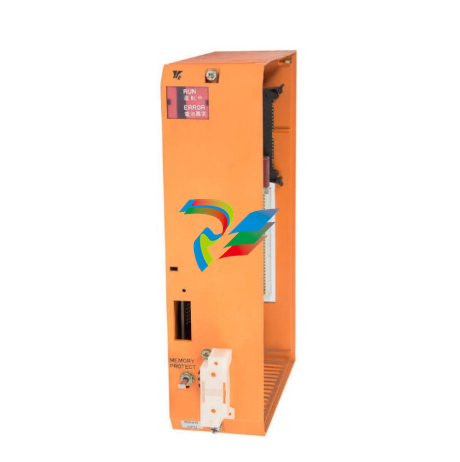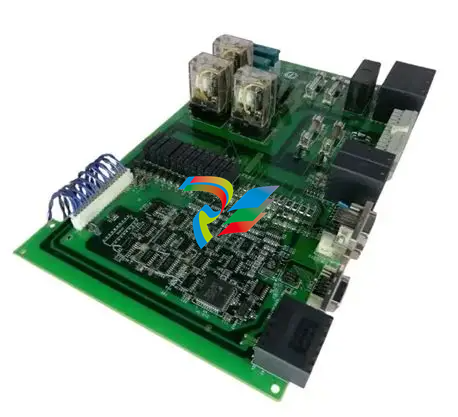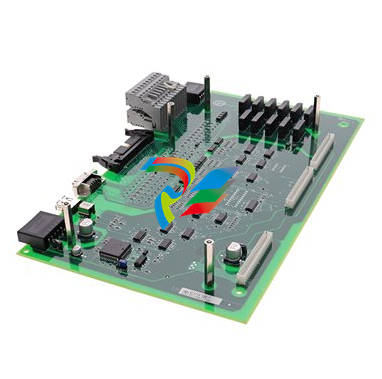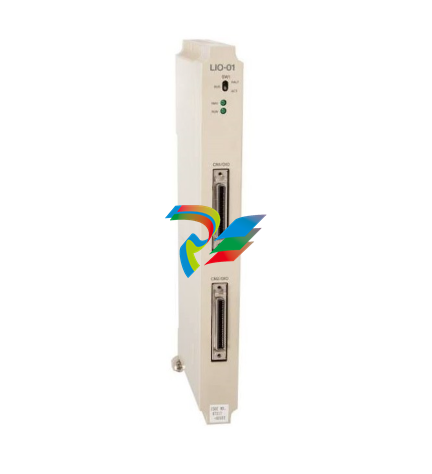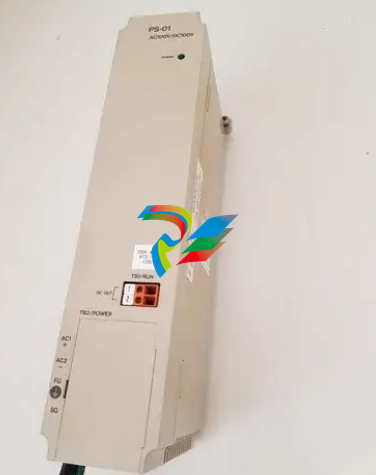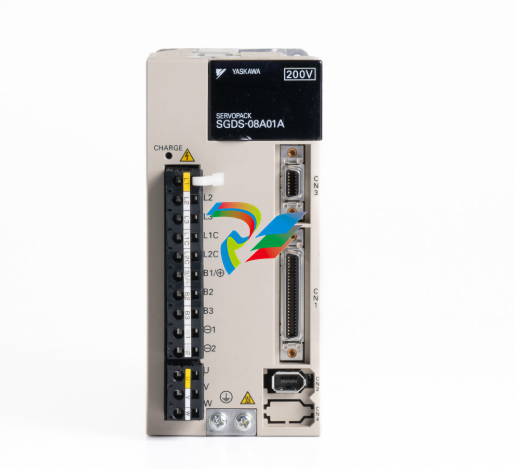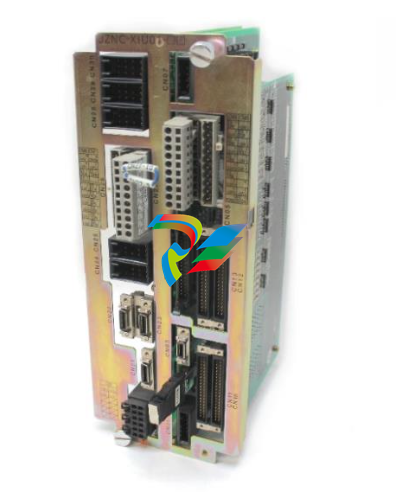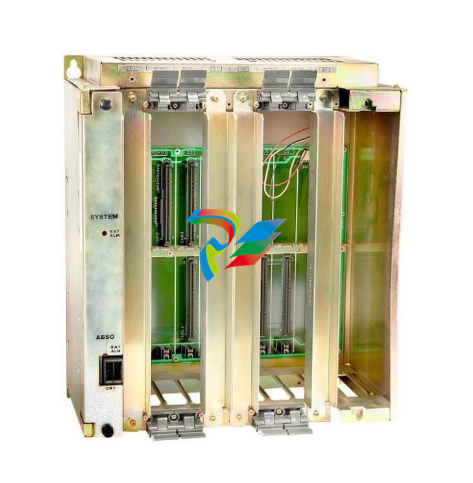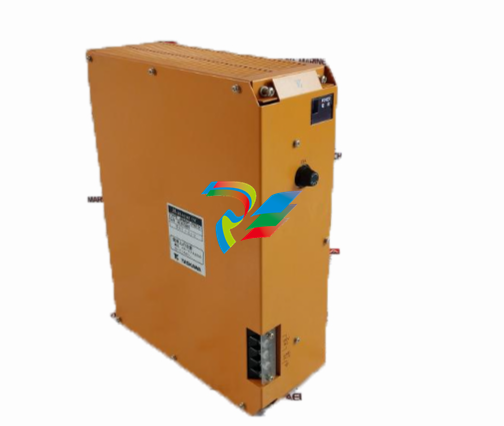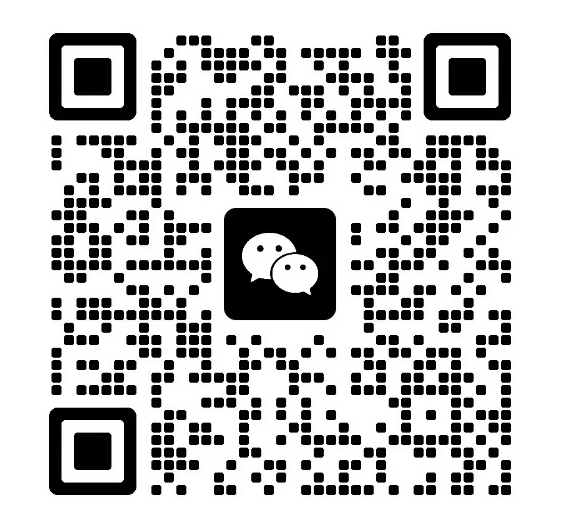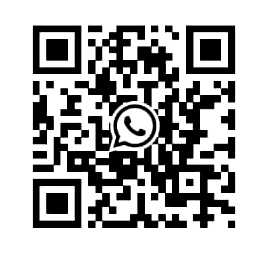
ABB Advant Controller 31 Series 40 and 50
1.1 General information on the AC31 system
The AC31 system consists of the series 30. 40. 50. and 90. This operating manual describes
the series 40 and 50.
The AC31 brings accessibility to beginners and experienced automation users alike, for any
application with 14 to approximately 1000 inputs / outputs and more, using the same set of
basic components.
From a compact machine fitted with a few automated functions to large installations spread over
hundreds of meter, and even kilometers, the AC31 can fit your requirements.
It is therefore possible to realize distributed applications throughout a site, a workshop, or a
machine where each component (input / output units, basic unit) is close to the sensors /
actuators. The whole setup is connected by a single twisted pair over which all information from
the sensors is sent after processing by the basic unit to the actuators via the remote modules.
Additional central units configured as slave can also be connected to this CS31 system bus.
In case of the series 40 and 50 the following communication interfaces are available, to extend
the AC31’s possibilities and integration with the company's other automation systems:
MODBUS, ASCII, ARCNET, RCOM, AF100. The developments in this field are continual.
Many users on all the continents have realized numerous applications such as:
Machine control:----
Manufacturing of floor boards
Assembly of electrical contactors
Manufacturing of ceramic products
Metallic pipe welding, etc.
Controlling-commanding installations:-
Wharf cranes---
Water treatment
Ski lifts
Wind power machines, etc.
System management:-----
Climatic anagement
Building power management
Tunnel ventilation
Alarms in hospital environments
Greenhouse lighting / humidity, etc.
1.2 General set-up rules
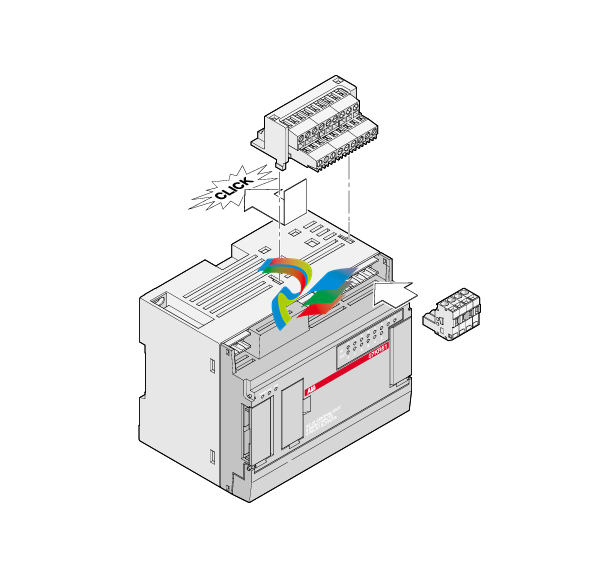
An ABB AC31 system always includes at least one AC31 basic unit. There are three types of basic
units:- The 40 series basic unit, with a local interface for central inputs / outputs extensions- The 50 series basic unit, with a local interface for central inputs / outputs extensions
and a CS31 system bus interface for decentralized extensions- The 90 series basic unit, with a CS31 system bus interface for decentralized extensions
Each basic unit incorporates a specific number of digital inputs/outputs and in case of the series 90
occasionally analog inputs/outputs. It is possible, depending on the basic unit, to increase the
number of inputs / outputs, to add input / output extensions connected directly to the basic units or
remote input / output units via the CS31 twisted pair
1.2.1 Basic units with central extensions
With the 40 and 50 series, it is possible to increase the number of inputs / outputs of the basic
unit by adding up to 6 local extension units of either type, digital or analog (refer to figures 1a
and 1b)
1.2.2 Basic units with CS31 system bus
With the 50 and 90 series it is possible to increase the number of inputs / outputs of the basic
unit by adding remote units. The basic unit controlling the system is called the MASTER basic
unit. The maximum bus length is 500 m without an amplifier and 2000 m with 3 amplifiers
(1 NCB or NCBR unit enables bus amplification for 500 m)
A master basic unit can manage up to 31 connection points, such as:- Series 50 remote units with central extension possibilities: a maximum of 6 extension units
comprising of e. g. a maximum of 8 analog input channels and 8 analog output channels- Series 30 and 90 remote unit (without central extension possibilities) with analog or digital
inputs / outputs- An ABB NCSA-01 variable speed drive interface- A high-speed counter unit- 30. 50 and 90 series basic units as slave with their own user program- Or any other device which supports CS31 communication.
Comment:
A connection point fitted solely with digital channels occupies 1 connection point.
A connection point fitted with digital and analog channels occupies 2 connection points of the
available 31.
The maximum number of remote analog units depends on the MASTER basic unit:- 50 series:- a maximum of 31 remote analog input units
or- a maximum of 31 remote analog output units
or
or- a maximum of 15 central extensible remote units (ICMK 14 ..) with analog
input/output extensions + 1 remote analog input/output unit (15 x 2 + 1 = 31)- a mixed digital/analog configuration within the previous limits- 90 series:- a maximum of 12 remote analog input units
or- a maximum of 12 remote analog output units
or
or- a maximum of 12 central extensible remote units with analog extensions
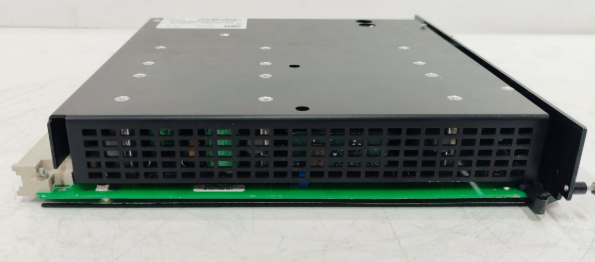
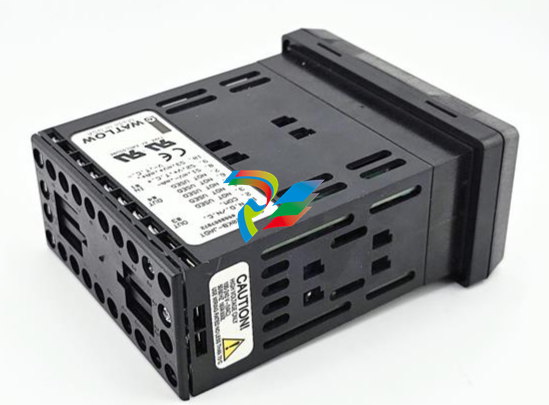

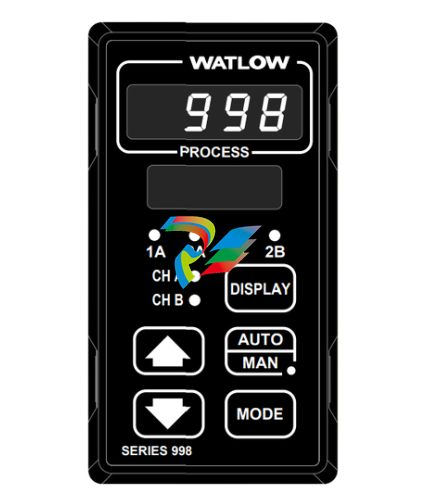
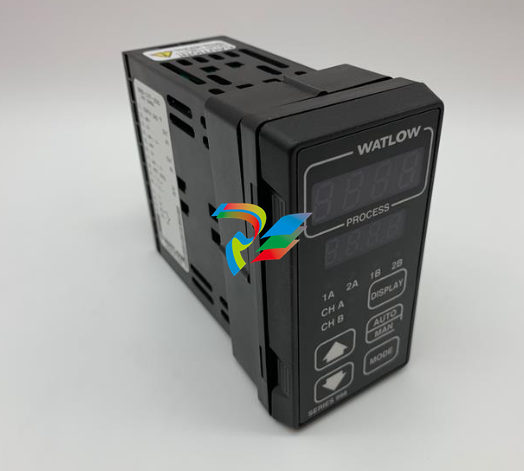
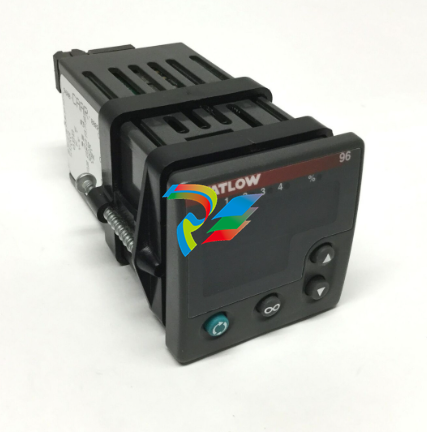
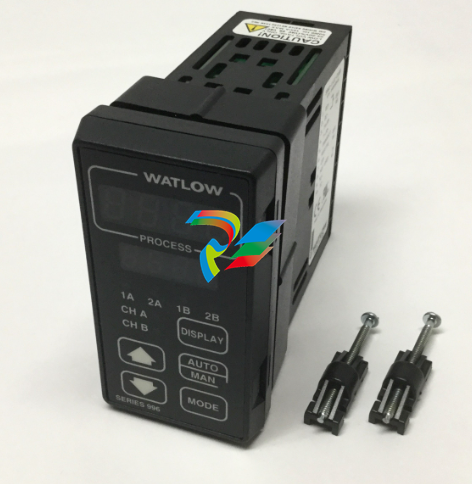
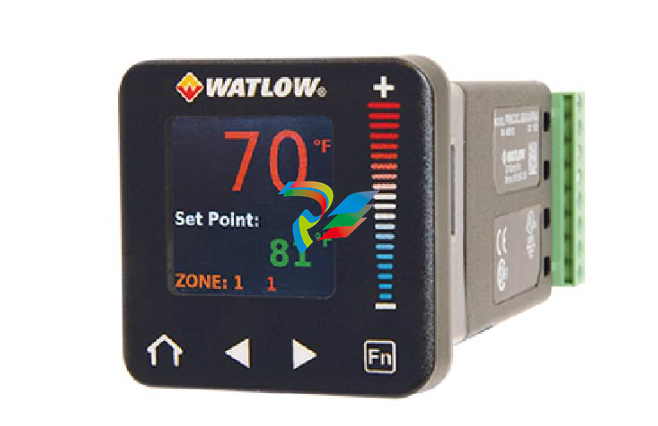
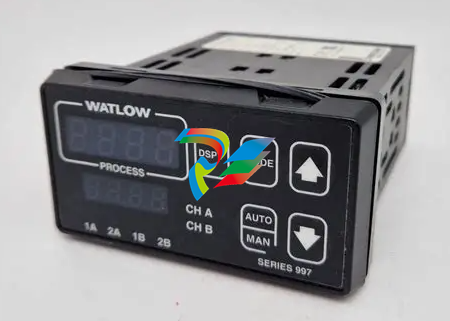
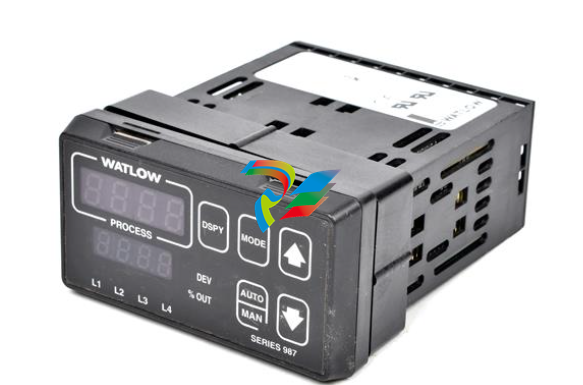
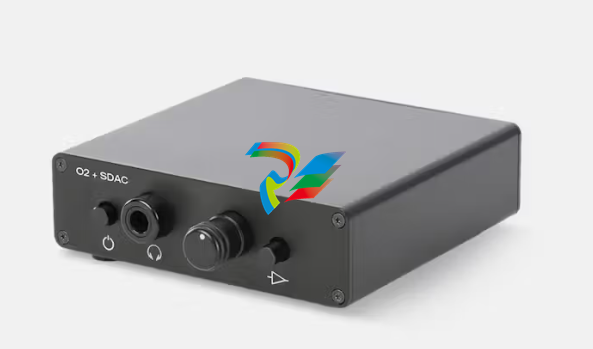
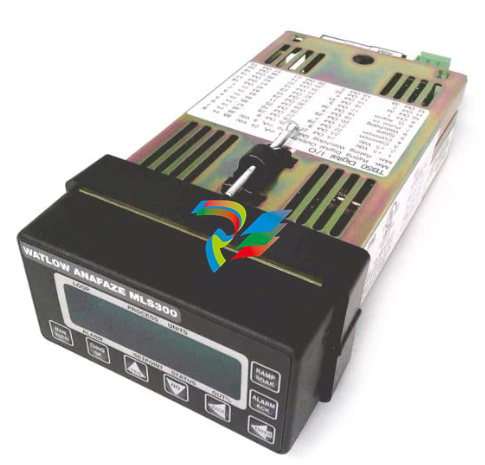
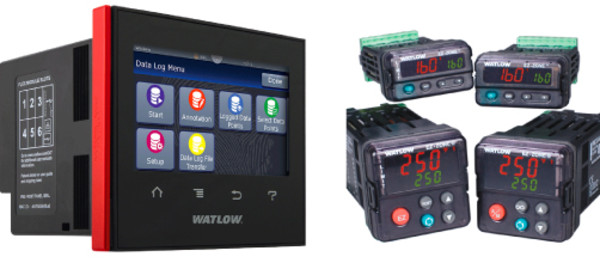
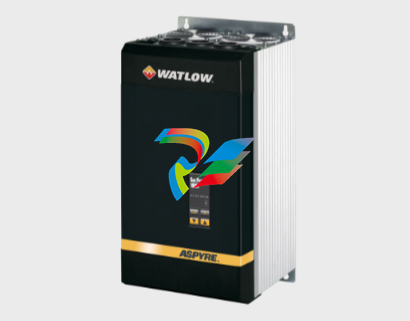
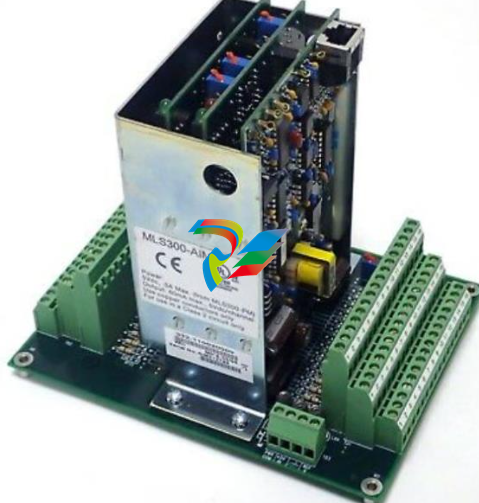
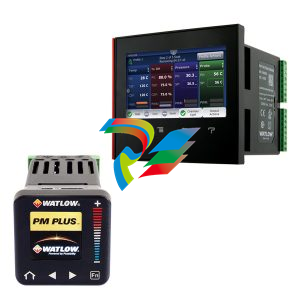
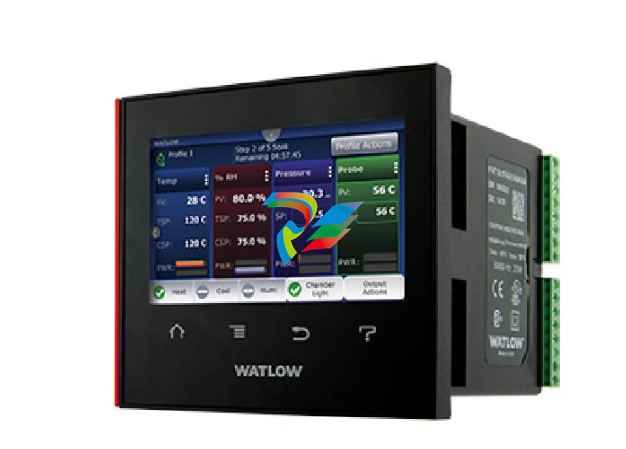
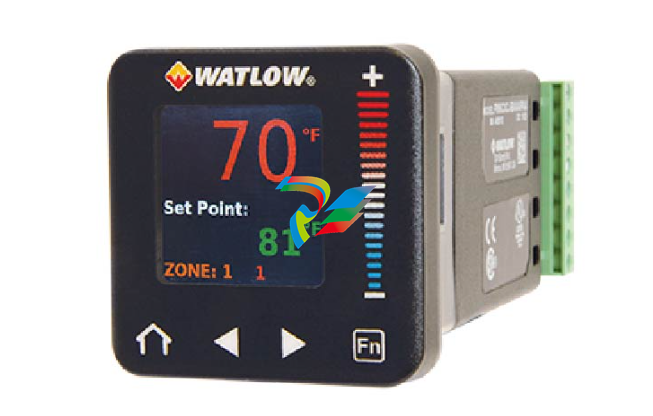
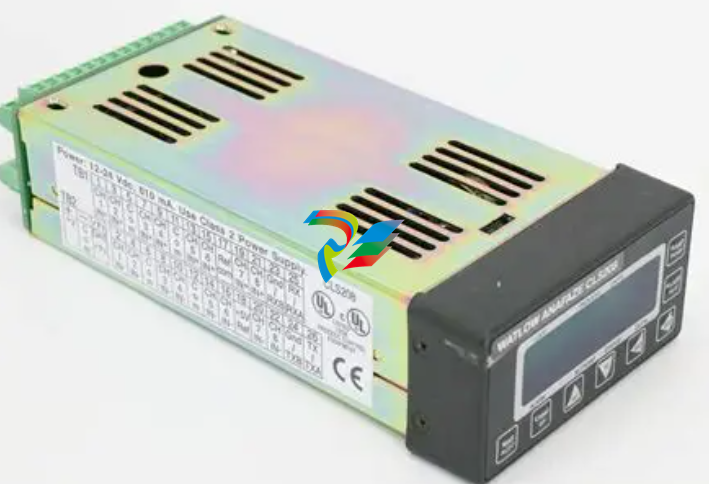
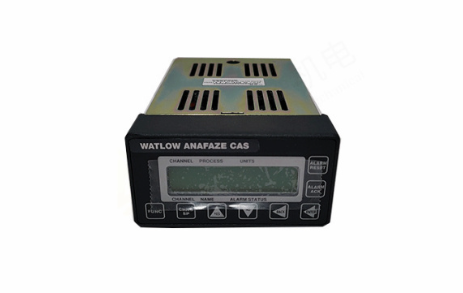
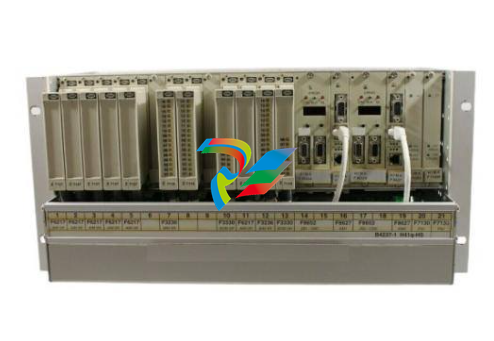
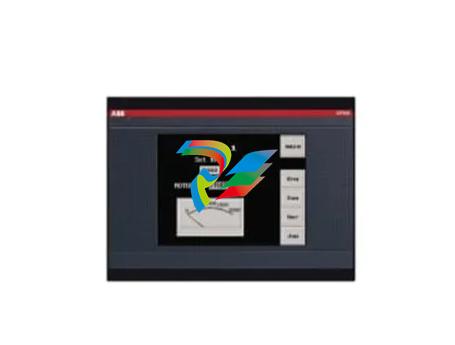
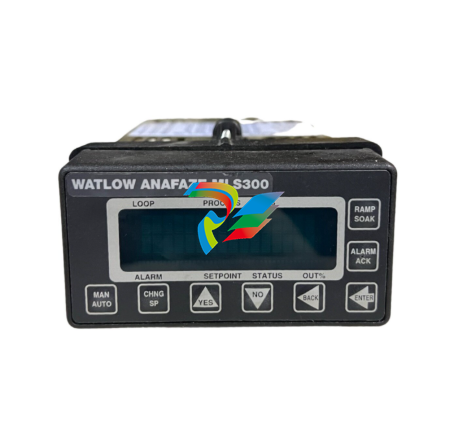
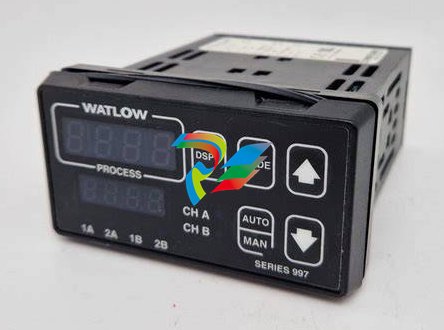
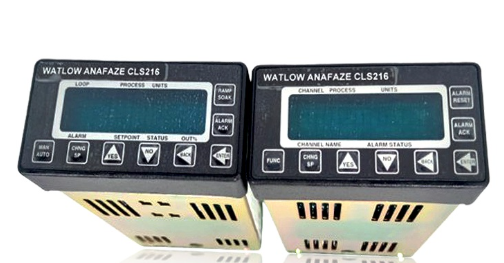
.png)
